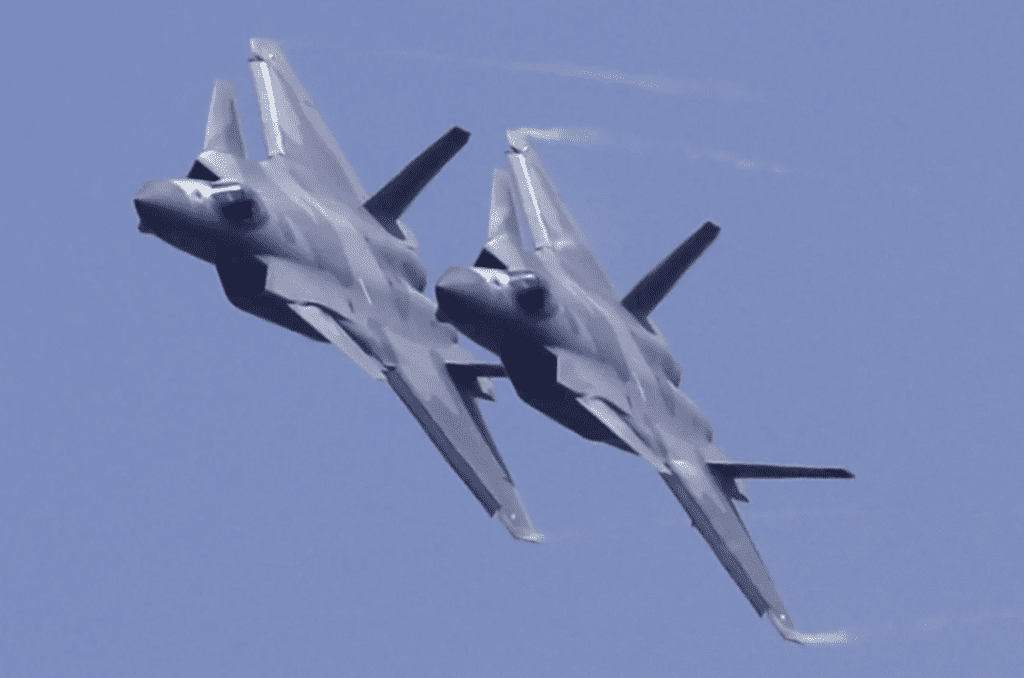The German Defence Ministry has expressed concern that its retired air force pilots, lured by private training contracts, are sharing their unique skills with China, reported Deutsche Welle (DW).
China and Germany have previously participated in official military training programs, the report noted, adding that military organizations frequently share their technical and tactical expertise. However, it is uncommon for retired army people to share their specialized skills with the commercial sector.
But these norms are now being examined more closely when it comes to China. The same was recently demonstrated by the strong response in Germany to a report, shedding light on routine practice: According to the publication, Spiegel and the public broadcaster ZDF, as cited by DW, a “handful” of retired German air force pilots have relocated to China on highly lucrative private training contracts, as per DW.
DW is Germany’s international broadcaster which provides news and information.
German Defence Minister, Boris Pistorius, was attending a high-level defence summit in Singapore when the story broke. He told his Chinese counterpart, Li Shangfu, that he expected “this practice to be stopped immediately.”
This development came at the time when the German government, at the request of the United States, reevaluated its economic and strategic relationship with China, the report said.
Marcus Faber, a lawmaker who sits on the parliamentary defence committee, told DW in a statement, “The (defence) ministry must now do everything possible to end this practice. The rules for people who, due to their world for the German state, have access to security-relevant information need to be urgently tightened.”
There are no legal violations inherent in the work. However, because of the legal grey zone, the German government has little power to halt this form of knowledge transfer, the report noted.
However, a representative for the German defence ministry told DW that short of a clear case of disclosing state secrets, former military personnel, and other government employees are generally free to exploit their skills. They are liable for “retroactive service obligations”, the statement said. In accordance with that, they must disclose their job and “maintain secrecy about matters that he or she became aware of”. The ministry then does a “conflict of interest check” and has the right to reject an application if it uncovers any.
The ministry has voiced concern about the fact that Chinese pilots are being taught the fundamentals of flying, including information on NATO operational strategies. But it’s not clear if doing that would violate the confidentiality agreement.
The South African school, TFASA, which was mentioned in the Spiegel investigation, denied endangering the national security of any nation in a statement to DW.
A London-based communications consultancy representing TFASA said, “All training aspects and material are strictly unclassified, and provided either from open source or the clients themselves.”
According to analysts of the People’s Liberation Army (PLA), China’s armed force, the practice of using veteran NATO pilots to teach Chinese airmen may go back almost a decade. That was long before the US national security policy referred to China as the “only competitor” with the ability and intention to “reshape the international order” and the European Union labeled China as a “systemic rival.”
But China has a long history of successfully using foreign know-how to accelerate its domestic prowess. Western advances in academia and research, industry, technology, and intellectual property have all found their way into Chinese equivalents, the report noted, adding that it is not a big leap to apply these efforts to the defence sector.
Tzu-Yun Su, a research fellow at the Institute for National Defence and Security Research (INDSR) in Taiwan, told DW, “For the PLA, working with retired Western pilots allows them to refine their doctrine, and it’s essentially stealing secrets of Western countries’ military exercises.”


